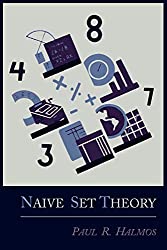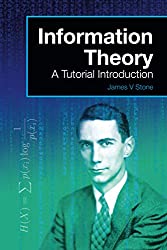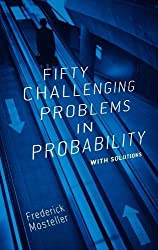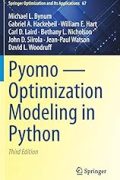
Rating: 8.8/10.
Brief book that introduces you to Zermelo-Fraenkel set theory. Anyone that has studied combinatorics / algebra / analysis is probably familiar with “naive set theory”, eg: union, intersection, complement, etc. But despite the book’s name, it introduces you to axiomatic set theory. The problem with naive (non-axiomatic) set theory is it allows you to construct sets using arbitrary properties, which can lead to self-contradictions, eg, Russel’s paradox when you construct the set of all sets not containing itself. ZF set theory defines axioms that allow you to construct new sets in constrained ways, so there’s no way to construct “the set of all sets” that results in a paradox.
The first few chapters derive the familiar properties of sets from a few axioms (ZF set theory has 8 in total, plus the axiom of choice). Then, set theory is more than just a theory of sets, it serves as a foundation of mathematics by defining everything in terms of sets. For example, ordered pair (a, b) can be defined as {{a}, {a,b}}. Peano arithmetic can be defined from sets too, just need to define a successor function that satisfies the Peano axioms, giving the natural numbers. Occasionally, this leaky abstraction gives irrelevant structure, like the set representing 7 is a subset of the representation of 8, but we can safely ignore this.
Next, the more pmath part of the book deals with the theory of infinite sets, and begins with the axiom of choice. Zorn’s lemma and the well ordering principle are equivalent to the axiom of choice; the proofs are quite technical and I skimmed most of the proofs in this book. The final chapters give a construction and overview of the properties of ordinal and cardinal numbers. Ordinal numbers essentially picks up the axioms that were used to construct the natural numbers, and takes them one step further to construct more numbers. Ordinal numbers also represent the size of sets with ordering (counter-intuitively, the size of infinite sets depend on their ordering). Cardinal numbers represent the size of sets without ordering, and are a special case of ordinal numbers.



